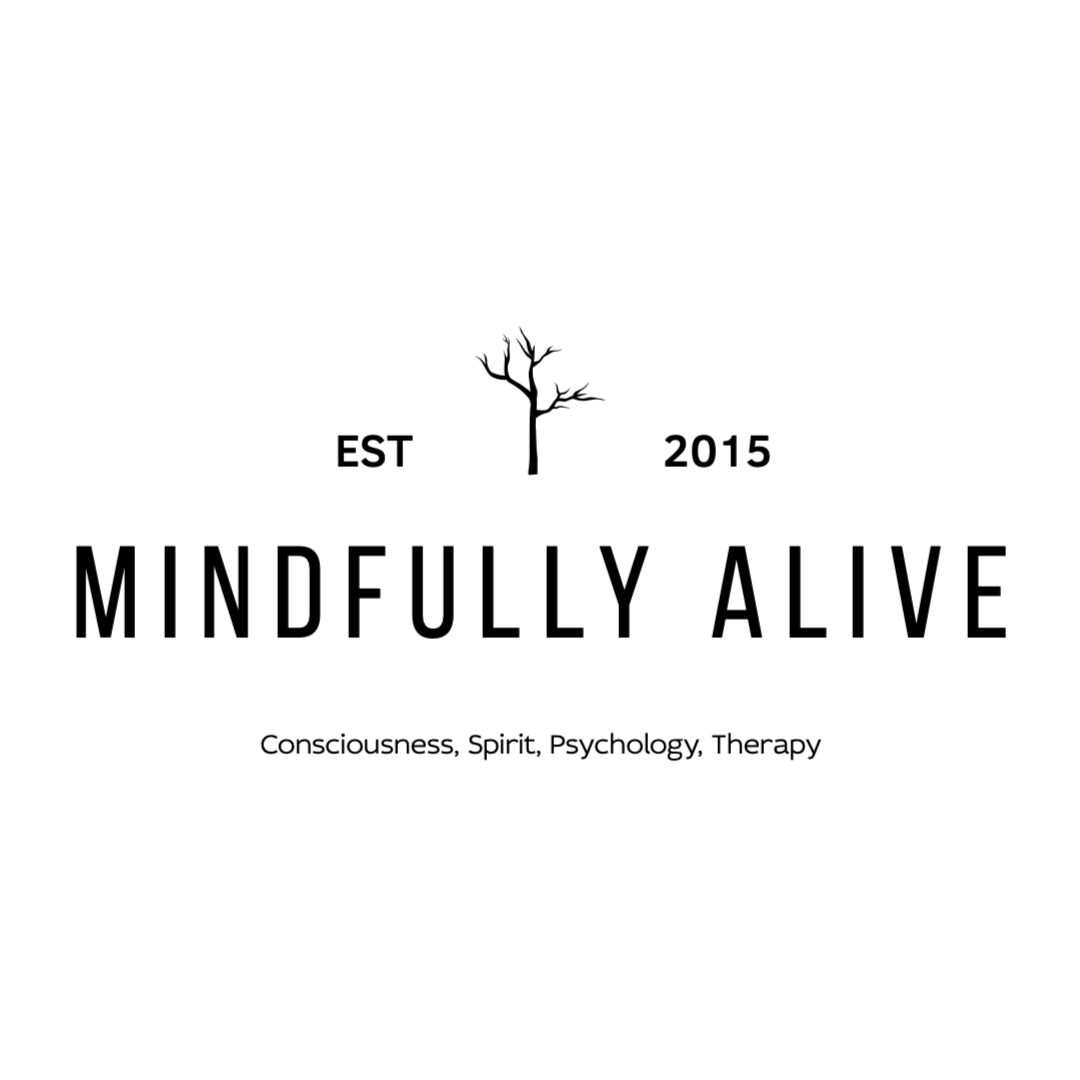
What is Imposter Syndrome?
Have you ever felt like you don’t belong? Like you are a fraud? That any second people around you will figure out that you are not actually as competent as they think you are? If so, you are in the company of high achieving people who are reported to have shared this unwelcome feeling: Maya Angelou, Albert Einstein and Meryl Streep. Research indicates that approximately 70% of people will experience imposter syndrome (a feeling of being invalid despite proof that points to the contrary) at some point in their lives.
This internal emotional phenomenon is particularly prevalent among high achievers such as CEO’s, entrepreneurs and artists, and anyone who dares to push past the limits of their comfort zone. People with imposter syndrome have a difficult time internalizing and accepting their success and often attribute their accomplishments to luck rather than ability and persistence. They have deep seated fears that others will eventually unmask their deficiency making them look ridiculous and feel humiliated. The irony of it is that the better you’re doing in life, the more this effect can rear its ugly head.
“The best advice I ever received is that no one else knows what they’re doing either.”- Ricky Gervais
The Benefits of Healing Imposter Syndrome
Utilizing a growth, empowerment and authenticity driven approach, we tailor the psychotherapy journey to explore and uproot all contributing factors (perfectionism and its roots, childhood experiences, external influences- high pressure and competitive environments) to see through the soul vs. the ego and embrace your power, strengths and well earned achievements. Owning our true selves and our expansiveness will allow more creativity to flow through. Often imposter syndrome is a necessary, albeit painful, stepping stone towards full self expression through our work/art.

